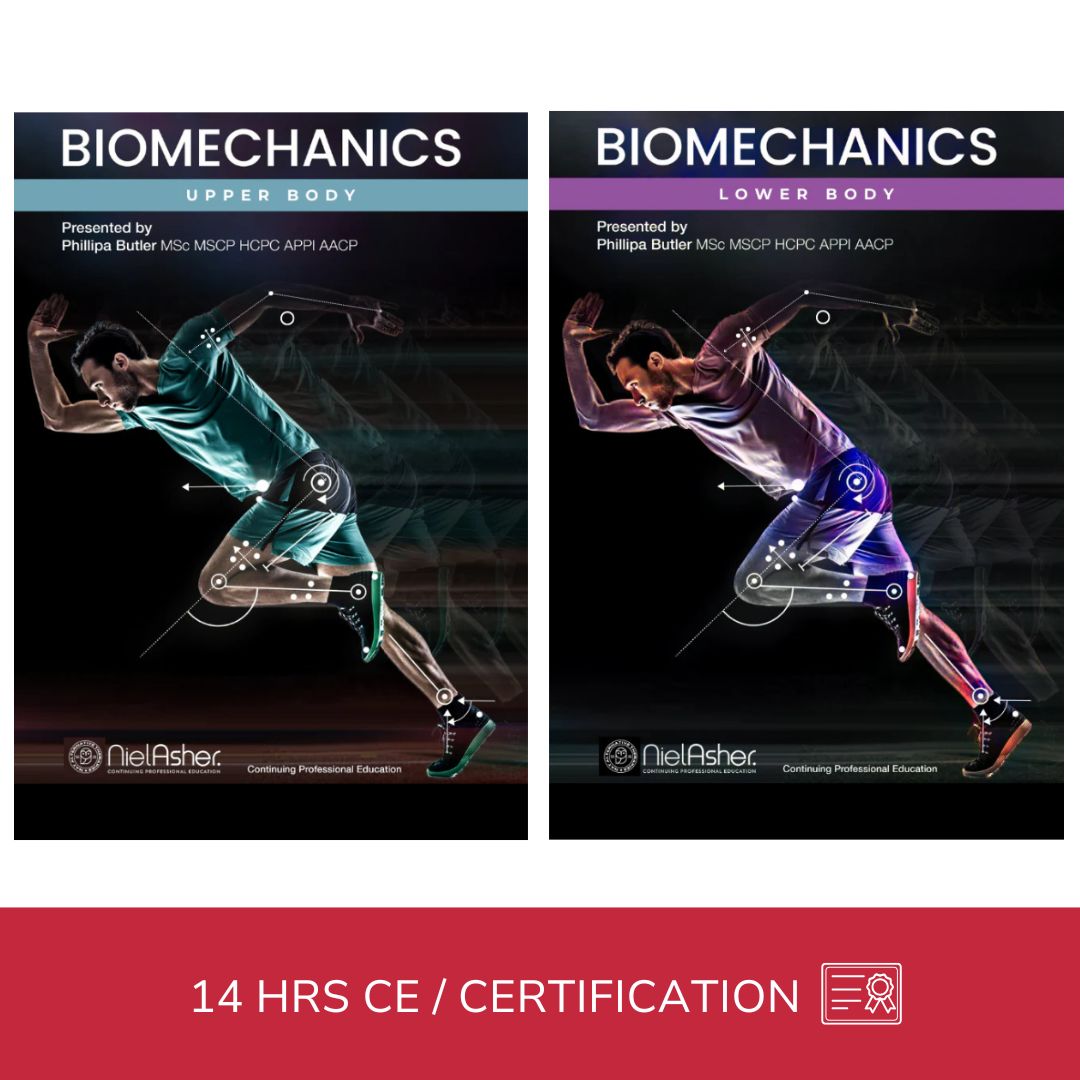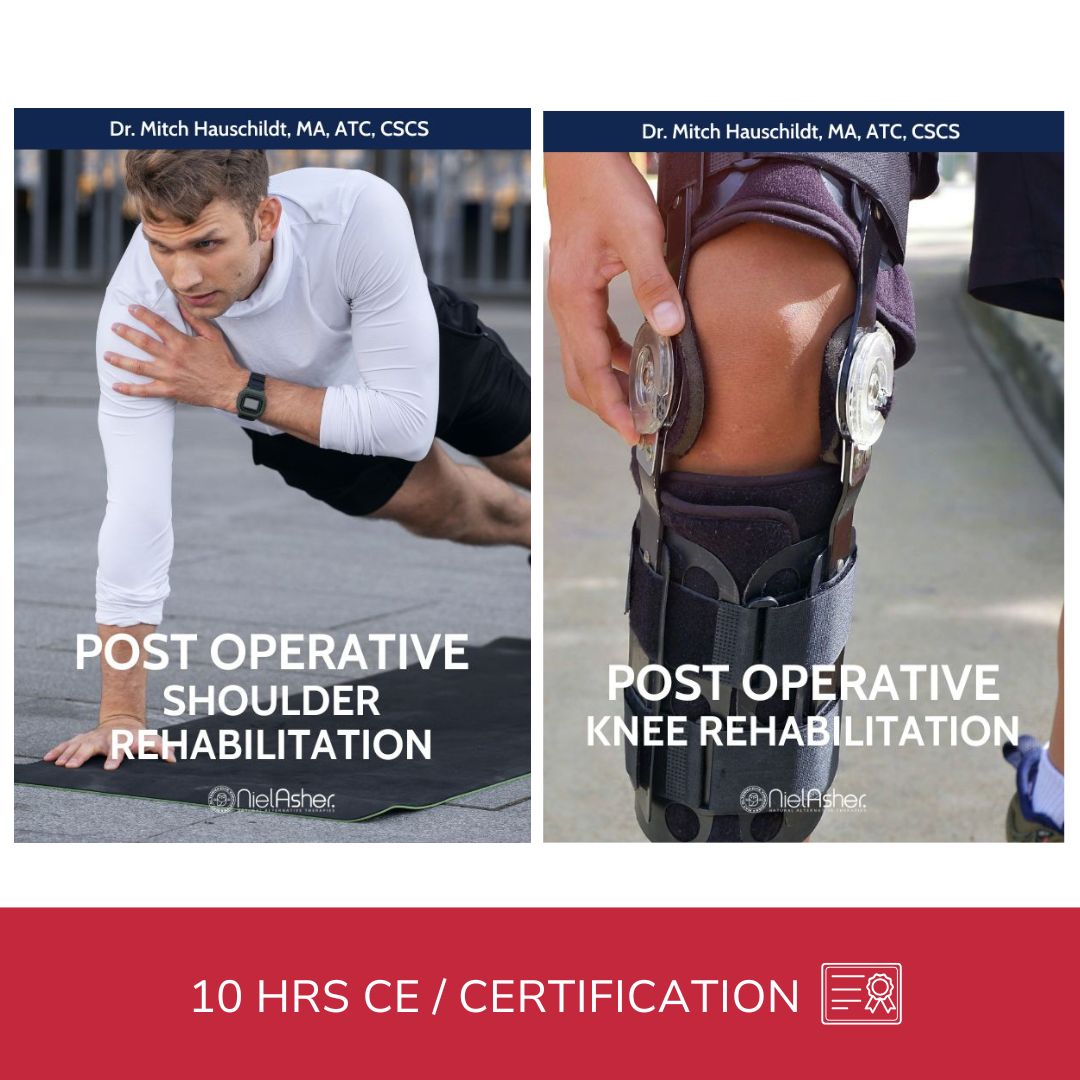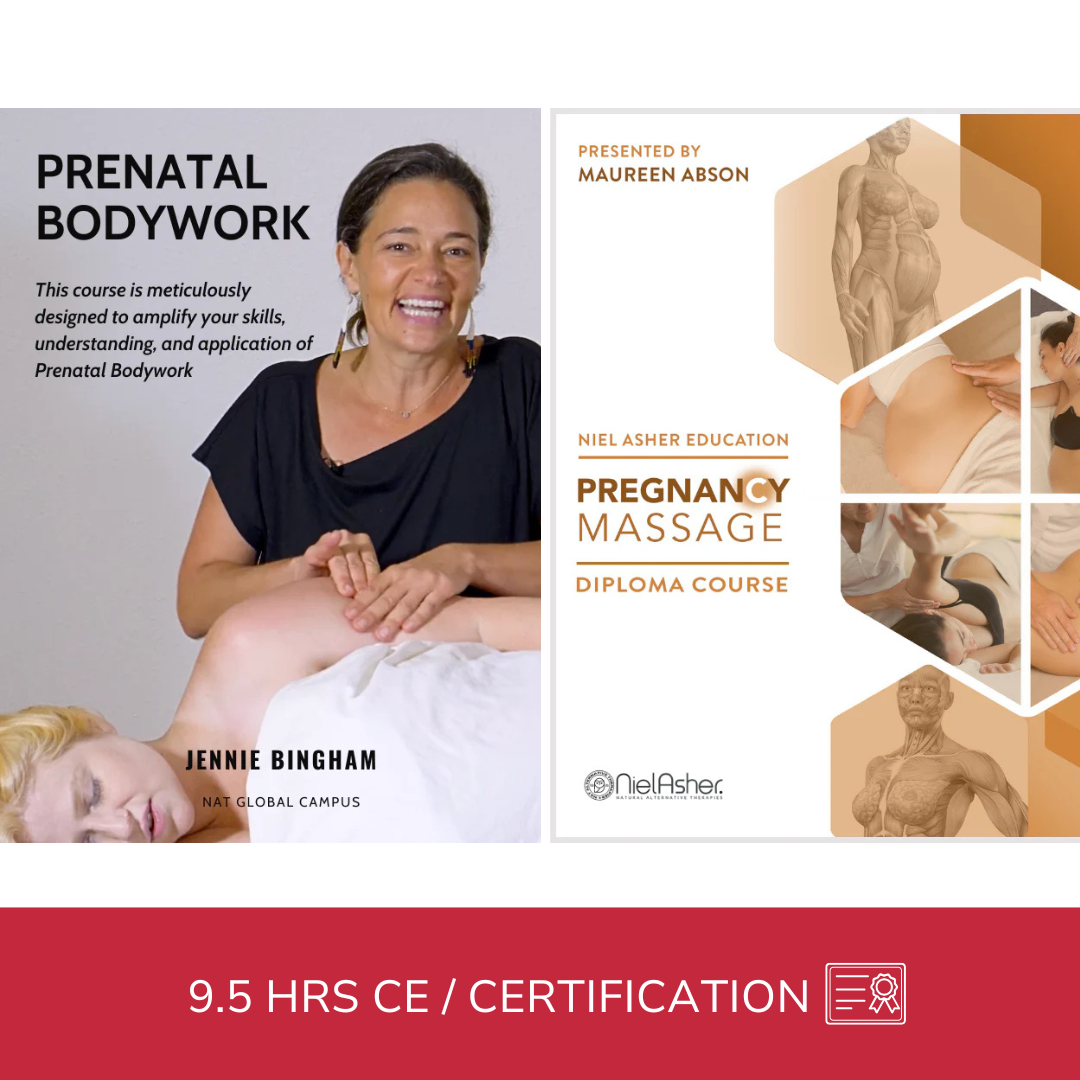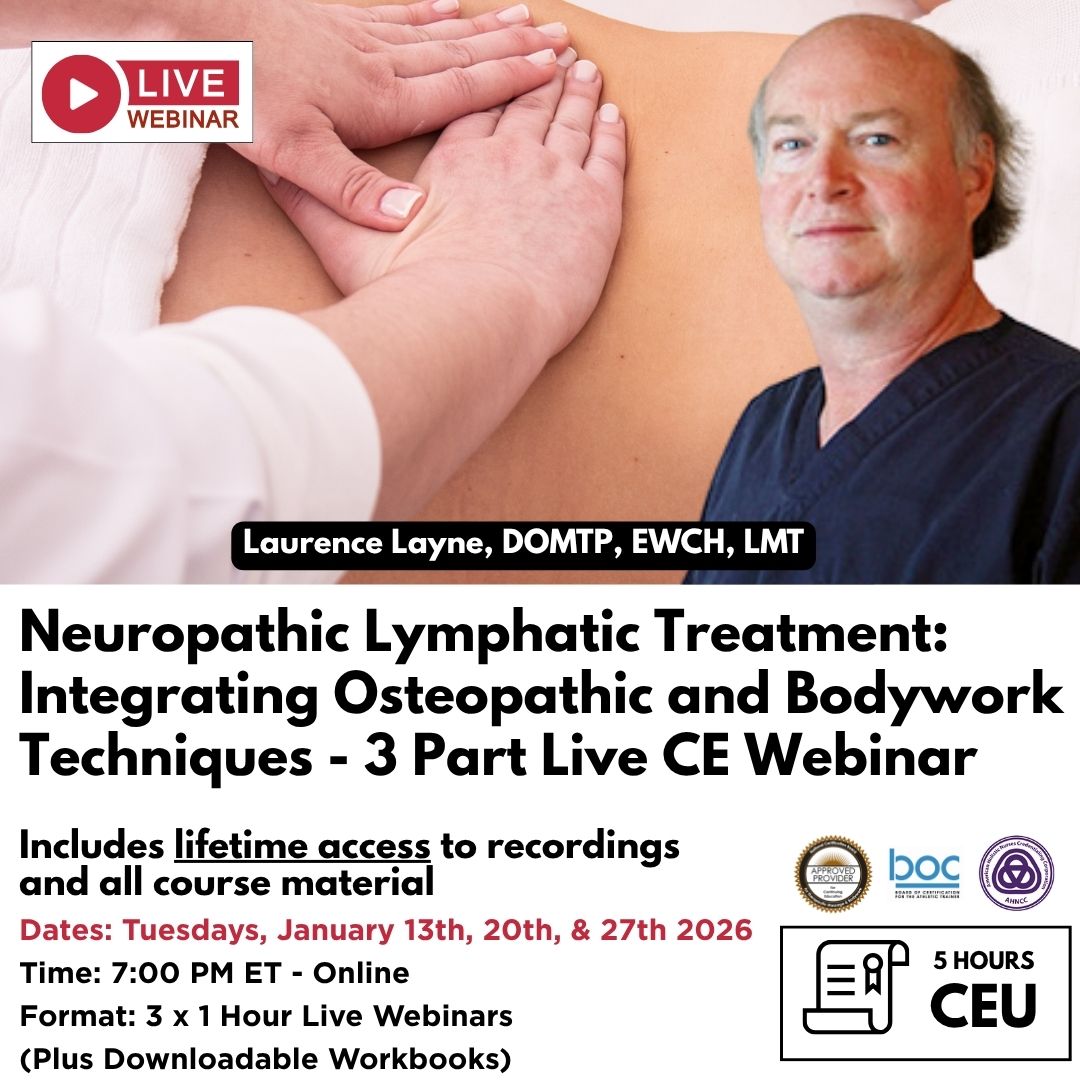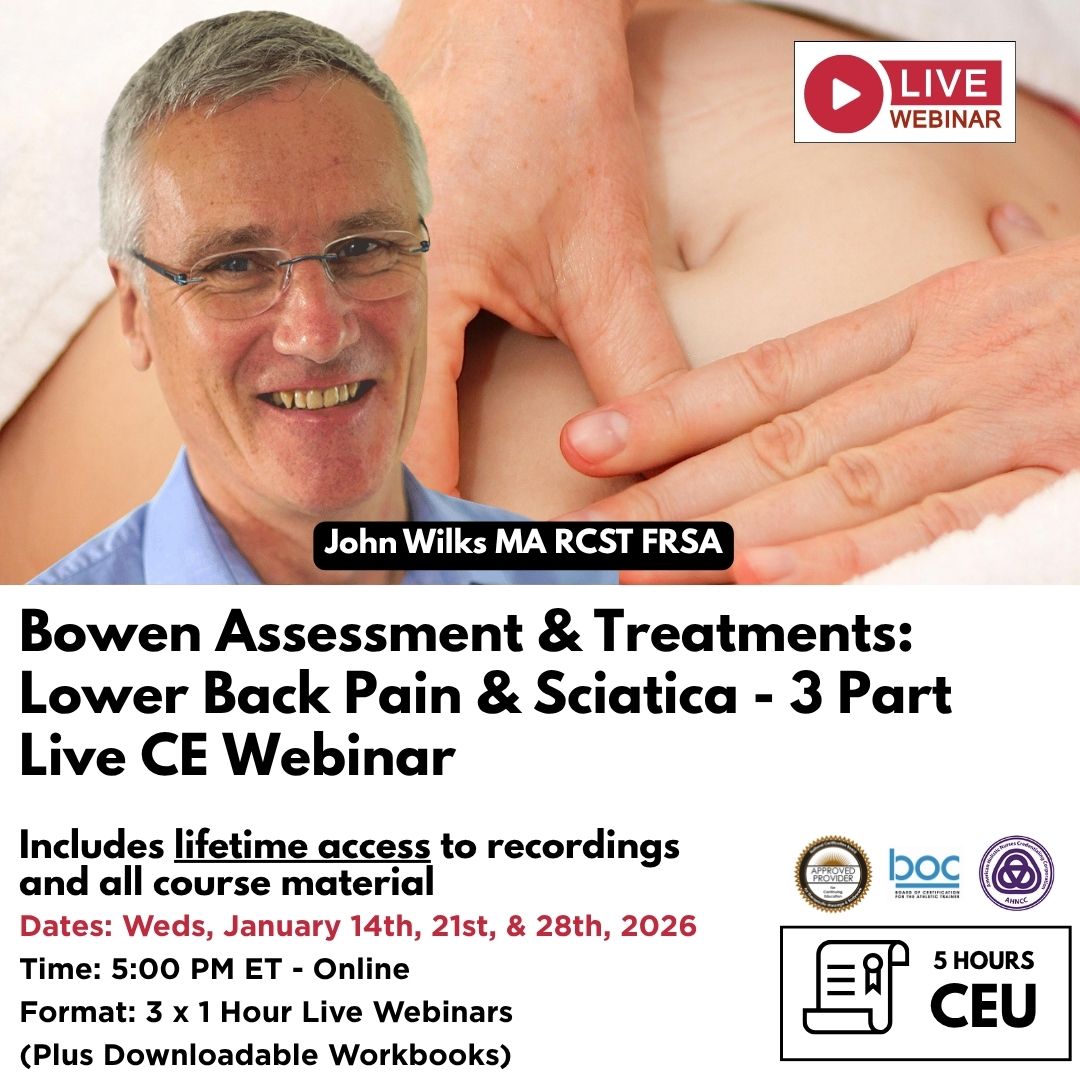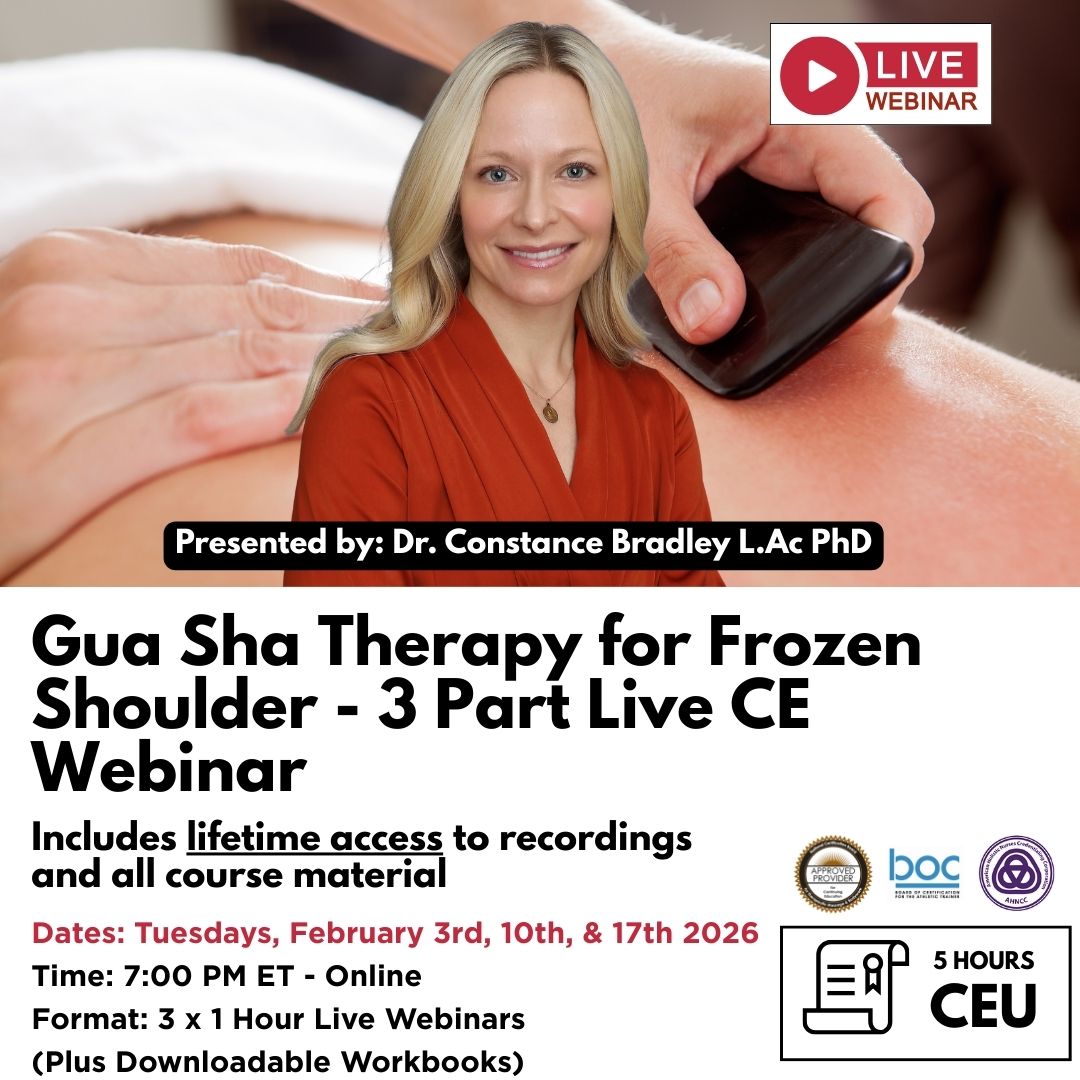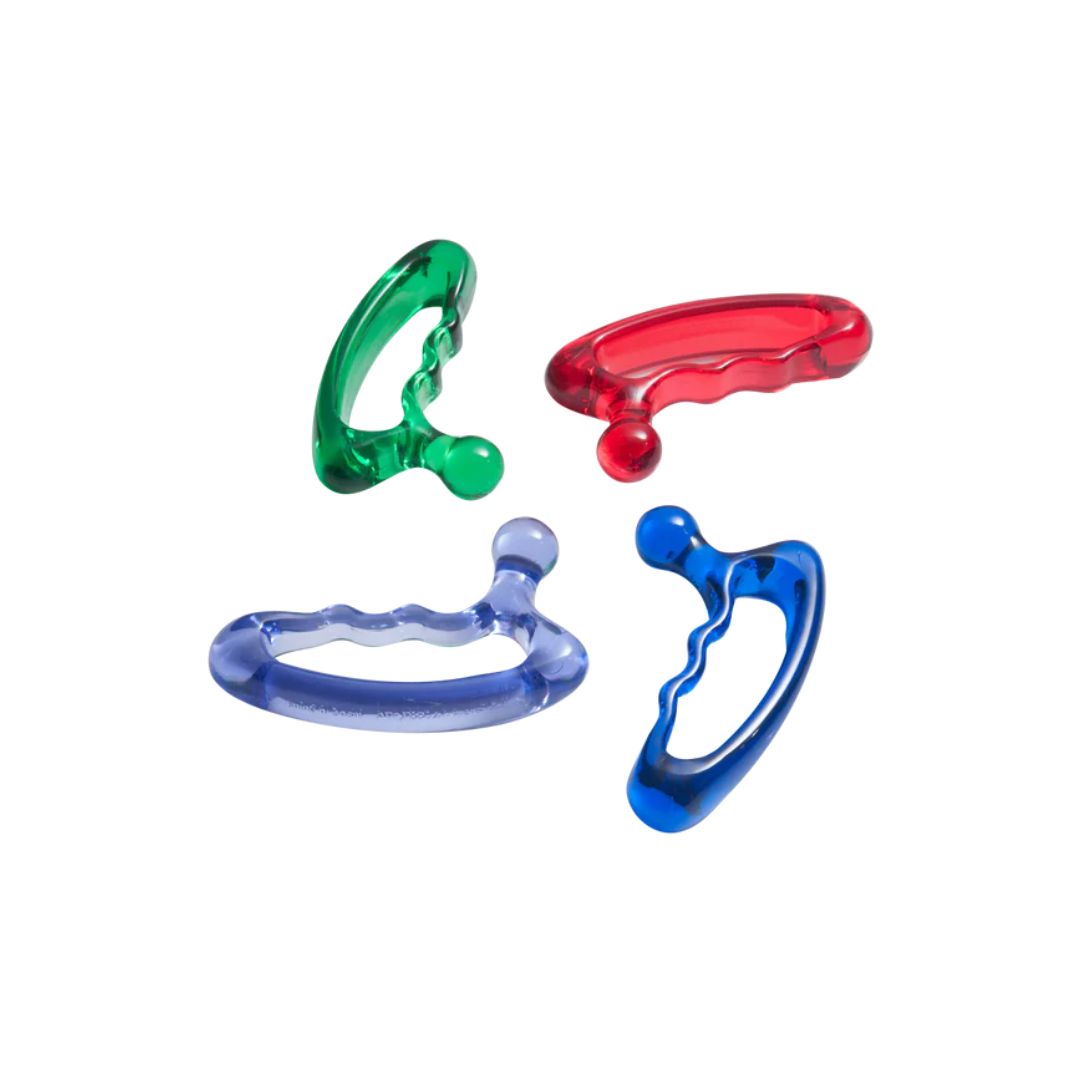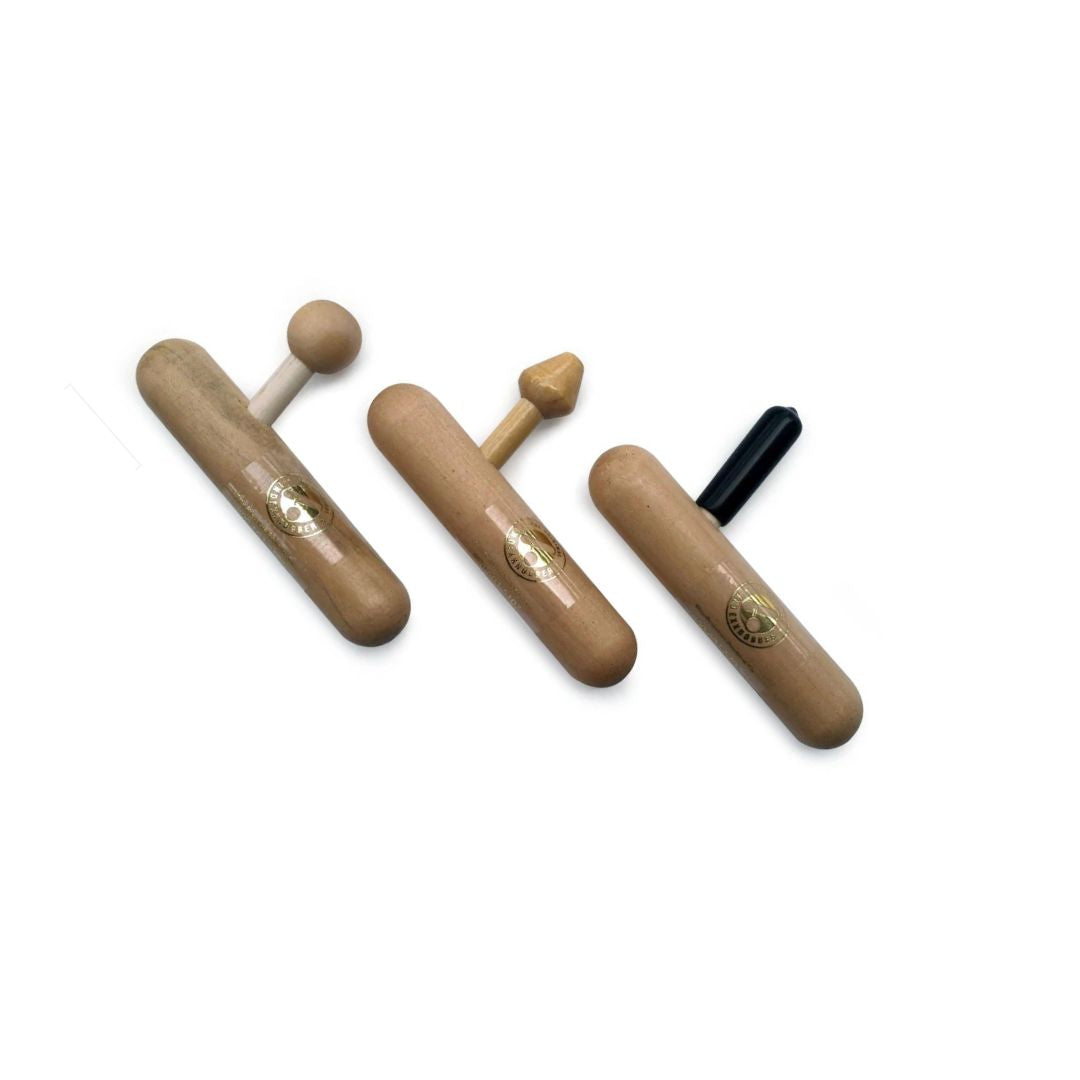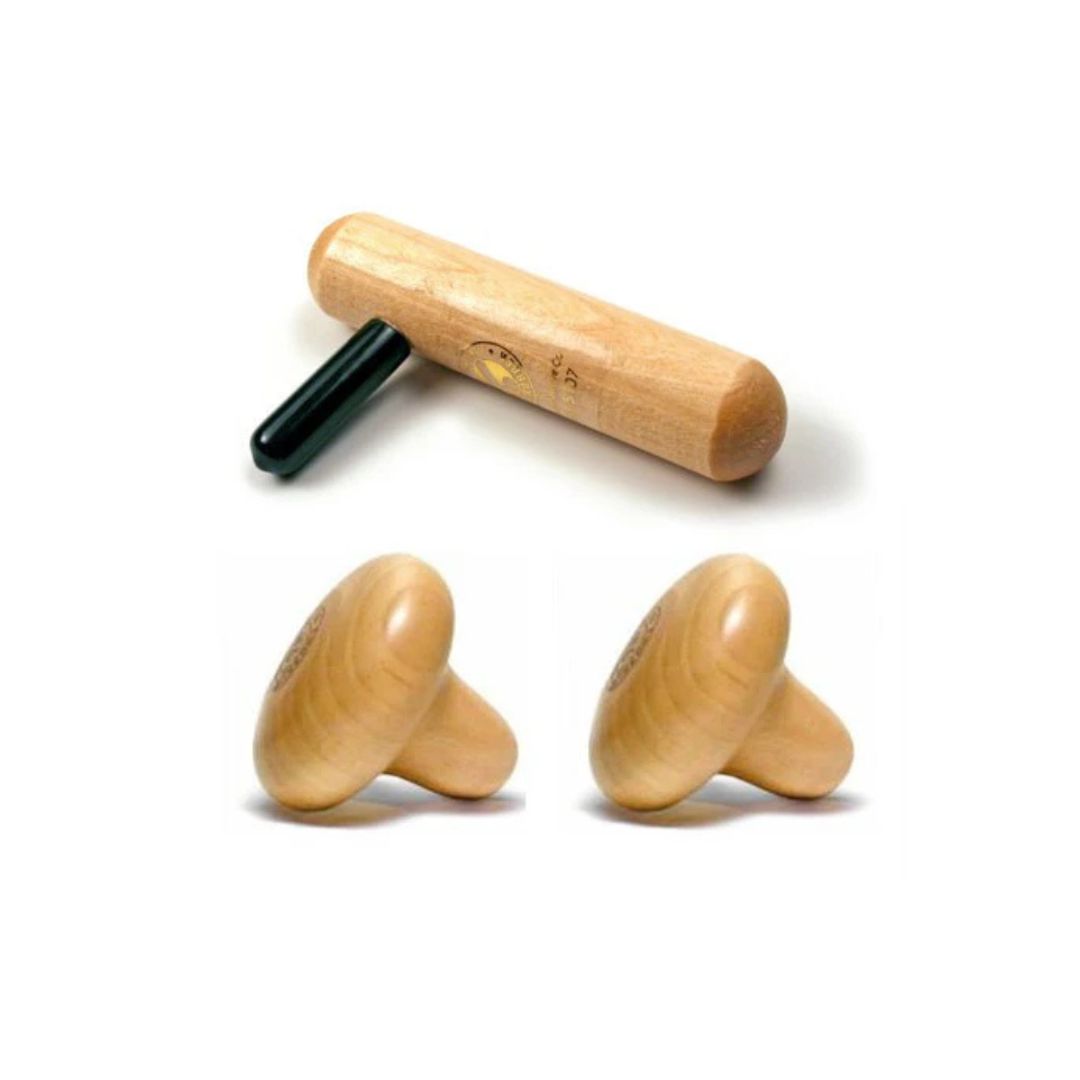The Mighty Deltoid Muscle: Functions, Injuries, Trigger Points, and Stretching

Deltoid Muscle - what you need to know!
The deltoid muscle is an essential muscle group in the human body that is often overlooked in discussions about fitness and overall wellness. However, understanding its functions, common injuries, trigger points, and the importance of stretching can contribute to improved shoulder health and performance. In this blog post, we will explore the various aspects of the deltoid muscle to provide a comprehensive understanding of its importance in our daily lives.
Deltoid Muscle: Functions and Anatomy
The deltoid muscle is a large, triangular muscle located on the uppermost part of the arm, attaching to the clavicle, scapula, and humerus bones. It comprises three distinct sections, known as the anterior (front), middle, and posterior (back) fibers. Each of these fibers plays a unique role in shoulder movement:
- Anterior fibers: Responsible for shoulder flexion, internal rotation, and horizontal adduction.
- Middle fibers: Primarily involved in shoulder abduction (lifting the arm to the side).
- Posterior fibers: Aid in shoulder extension, external rotation, and horizontal abduction.
- Together, these muscle fibers enable a wide range of shoulder movements, from lifting a bag of groceries to throwing a ball or performing an overhead press.
Common Injuries Affecting the Deltoid Muscle
The deltoid muscle is susceptible to various injuries, often resulting from overuse, poor posture, or inadequate warm-up. Some common deltoid injuries include:
- Strains: Overstretching or tearing of the muscle fibers, typically caused by excessive force or improper lifting techniques.
- Tendinitis: Inflammation of the tendons connecting the deltoid muscle to the bones, often due to overuse or repetitive stress.
- Impingement syndrome: Compression of the tendons or bursa (fluid-filled sacs) between the deltoid muscle and surrounding bones, causing pain and limited range of motion.
To prevent these injuries, it is crucial to practice proper lifting techniques, maintain good posture, and include regular stretching and strengthening exercises in your fitness routine.
Deltoid Trigger Points and Pain Referral
Trigger points are sensitive, tight areas within the muscle fibers that can cause localized pain or refer pain to other parts of the body. The deltoid muscle is known to have several trigger points, which can cause pain in the shoulder, upper arm, and even down to the forearm and hand. Addressing these trigger points through massage, foam rolling, or other myofascial release techniques can help alleviate pain and improve overall shoulder function.
The Importance of Stretching the Deltoid Muscle
Stretching the deltoid muscle is vital for maintaining shoulder flexibility, preventing injury, and promoting proper posture. Here are some simple stretches that can be performed at home or in the gym:
- Cross-body shoulder stretch: Gently pull your arm across your chest, using your other hand to apply slight pressure above the elbow. Hold for 20-30 seconds and repeat on the other side.
- Doorway stretch: Stand in a doorway with your elbow bent at a 90-degree angle and your forearm resting against the doorframe. Gently lean forward, feeling a stretch in the front of your shoulder. Hold for 20-30 seconds and repeat on the other side.

Conclusion:
The deltoid muscle plays a critical role in our daily activities and overall shoulder health. By understanding its functions, common injuries, trigger points, and the importance of stretching, you can take proactive steps to maintain the strength and flexibility of this vital muscle group. Remember to consult a healthcare professional or a qualified fitness instructor if you experience persistent pain or require guidance in performing stretches and exercises safely.
About Niel Asher Education
Niel Asher Education (NAT Global Campus) is a globally recognised provider of high-quality professional learning for hands-on health and movement practitioners. Through an extensive catalogue of expert-led online courses, NAT delivers continuing education for massage therapists, supporting both newly qualified and highly experienced professionals with practical, clinically relevant training designed for real-world practice.
Beyond massage therapy, Niel Asher Education offers comprehensive continuing education for physical therapists, continuing education for athletic trainers, continuing education for chiropractors, and continuing education for rehabilitation professionals working across a wide range of clinical, sports, and wellness environments. Courses span manual therapy, movement, rehabilitation, pain management, integrative therapies, and practitioner self-care, with content presented by respected educators and clinicians from around the world.
Known for its high production values and practitioner-focused approach, Niel Asher Education emphasises clarity, practical application, and professional integrity. Its online learning model allows practitioners to study at their own pace while earning recognised certificates and maintaining ongoing professional development requirements, making continuing education accessible regardless of location or schedule.
Through partnerships with leading educational platforms and organisations worldwide, Niel Asher Education continues to expand access to trusted, high-quality continuing education for massage therapists, continuing education for physical therapists, continuing education for athletic trainers, continuing education for chiropractors, and continuing education for rehabilitation professionals, supporting lifelong learning and professional excellence across the global therapy community.
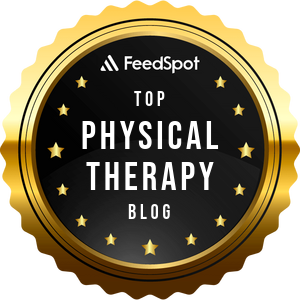
Continuing Professional Education
Looking for Massage Therapy CEUs, PT and ATC continuing education, chiropractic CE, or advanced manual therapy training? Explore our evidence-based online courses designed for hands-on professionals.

